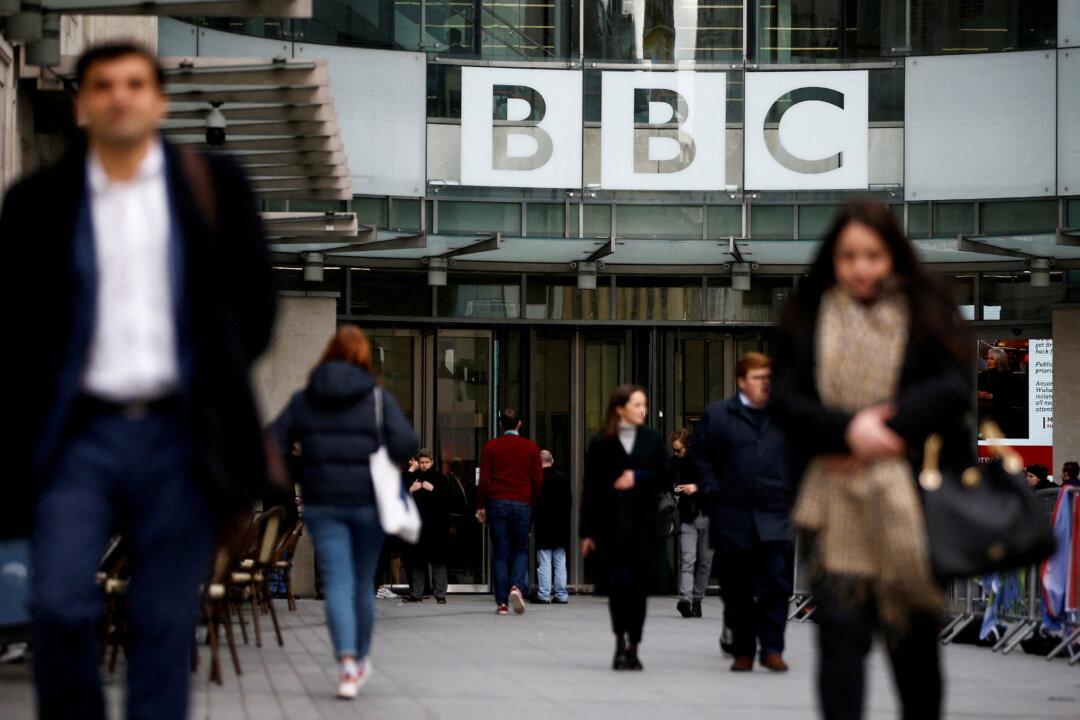BBC news bulletins have been taken off air in Afghanistan as part of the Taliban’s suspension of foreign TV programmes, the British public broadcaster said on Sunday.
U.S. and German public broadcasters Voice of America (VOA) and Deutsche Welle (DW) also said their programmes have been removed after local TV stations are barred from airing them.





